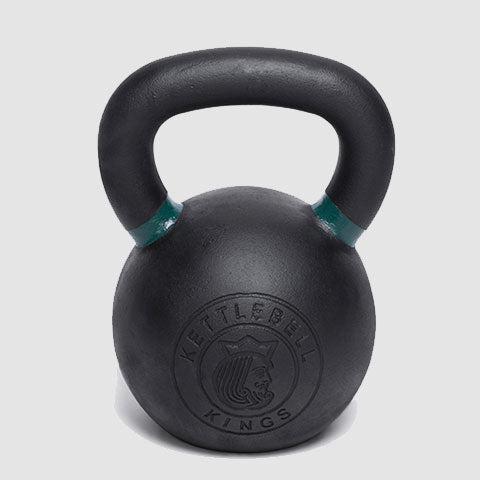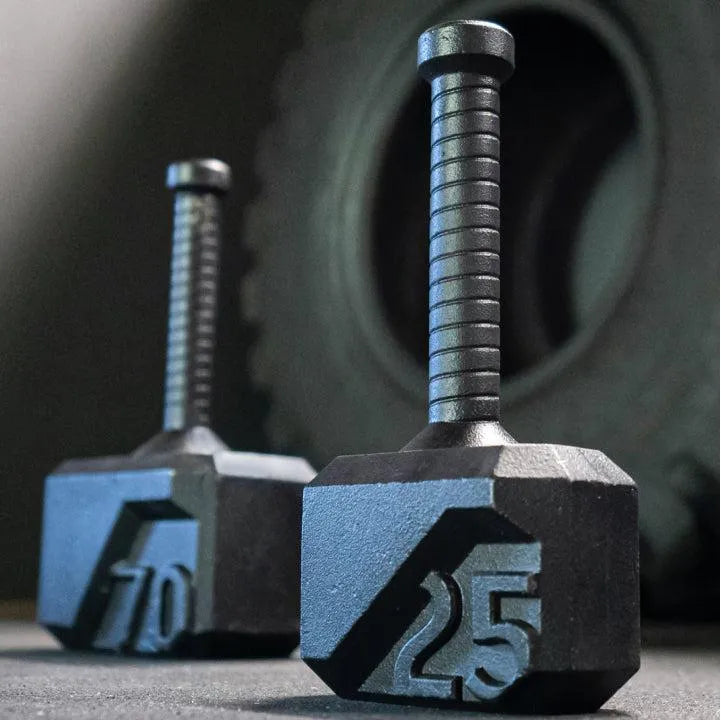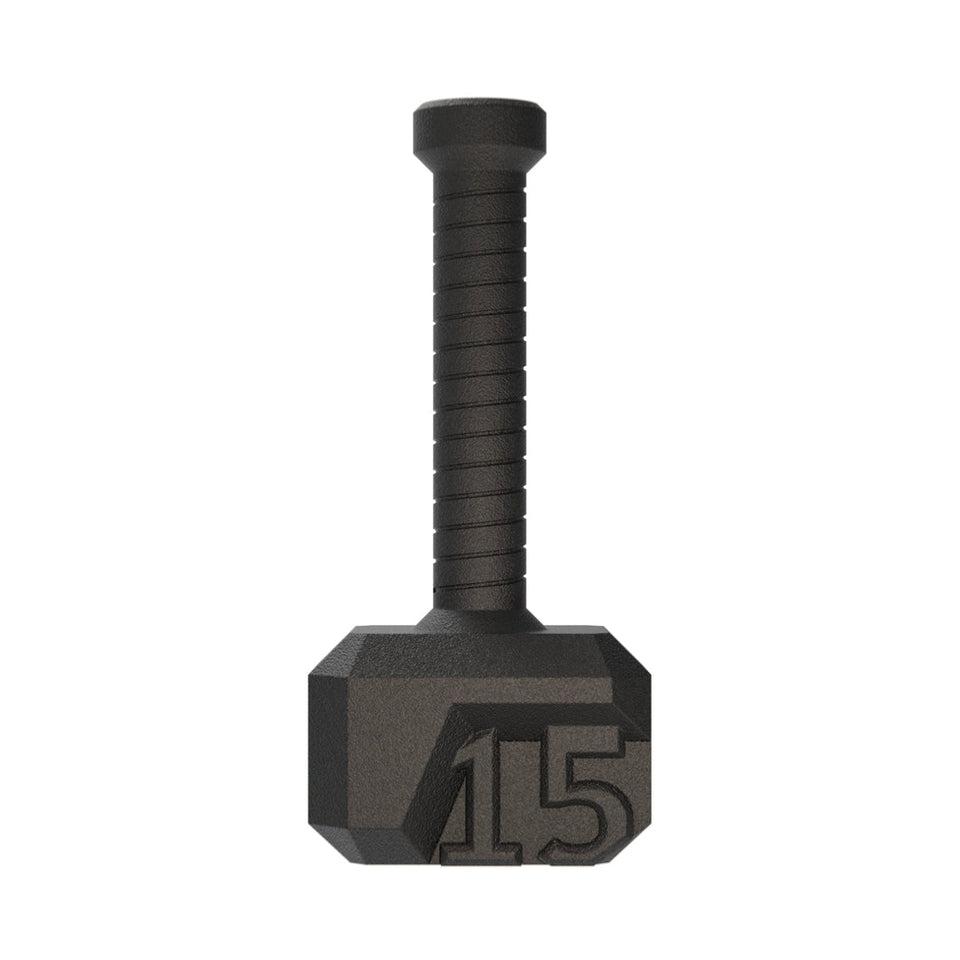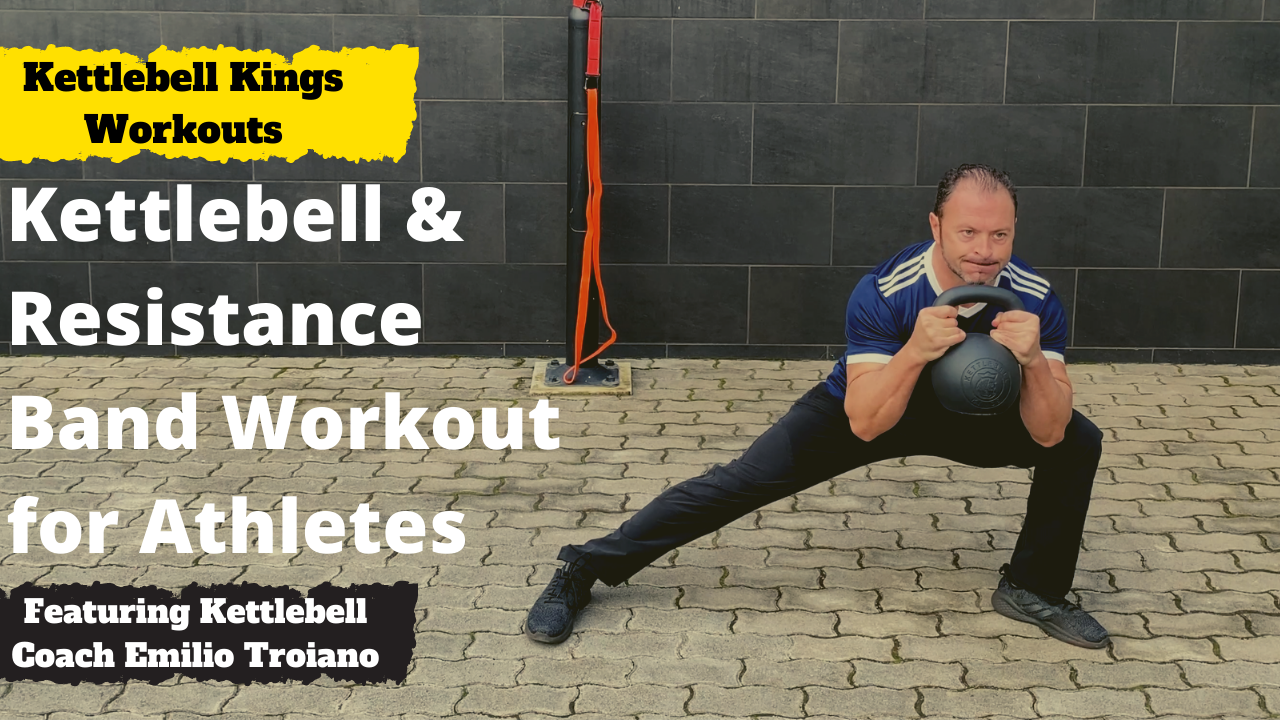USING FITNESS TO FIND MY WAY OUT OF MENTAL HEALTH STRUGGLES
In a two year window I saw daily signs of PTSD from a year long physical relationship breakup and watched my father deteriorate as Parkinson’s invaded his body, finally passing away less than a year later from cancer.
Not until this time of extreme anxiety, depression and overall loss of all joy and positive emotions did I realize the connection my physical health had with my brain's health.
These two years were drastic and I wish what I went through on no one, but anxiety and depression in society is as common as the common cold. I want to share some connections I noticed in these times, in case they relate to you, hopefully sending you in the right direction to get help.
THE AREAS THAT I THINK WILL CONNECT
- How we feel ashamed by our mental health struggles
- Going to therapy for the first point of my life
- How a morning routine helped me focus on each day
- The value of daily physical fitness
THE SHAME OF ADMITTING MENTAL HEALTH STRUGGLES
Being 36, 6’7 and an ex athlete, people expect a certain swagger when they see me. Most people looking in on my life think I have it all going on.
A personal trainer, ex pro athlete and on and off model, what does this guy have to complain about?
That is the stigma around mental health, and I’m not the only one who feels it. We all feel it in some way, however this is my body that steps outside the door every-morning to brace what the world has in store for me. The biggest hurdle was to admit that I was feeling down after my dad passed away, I was afraid to see the look it would bring into people's eyes.
However, after taking my feelings to social media day after day, I started to see that those around me did not judge me. Instead I started getting replies of admiration, hearing from people around the globe that they wish they had the courage to share how they really felt.
Perhaps being honest is better than putting up a facade?
GOING TO THERAPY
My thought on therapy before this all occurred was that it was for the weak. I scoffed at the mention of it, putting up a quick wall to hide any inner fear of why I didn’t want to dive into this journey. Luckily, when I was at my lowest of lows my fear of therapy didn’t hold a flame to the fear I had for living the rest of my life in the depressed state I was in.
If I didn’t get help, I knew I would be stumbling through life too afraid to be me again until the day I died.
Therapy was hard at first, finding the right words to say to a complete stranger in a 55 minute window is not easy. But I constantly reminded myself that my first sessions working out in the gym was equally as tough.
I promised myself I would keep seeing my therapist no matter how unenjoyable it was at first. For 3 months I went weekly, I put my dedication I cultivated in my fitness journey and adapted it to my mental health journey. And after a few months the conversations seemed less forced and when I would leave a session (often with tears in my eyes) a literal weight would be lifted off my shoulders.
I could feel the benefits of therapy happening
CREATING MY PERSONAL MORNING ROUTINE
Now that I had a professional in my corner that I could rely on for sixty-minutes a week, I needed to find something that I could do for myself that would push me forward in a positive way every single day.
The therapist was a costly investment, but worth it, now I needed something that would be free and that I would do by myself. What I came up with was my morning routine.
Over the next three months I slowly put together a sixty minute routine that I could follow seven days a week. It started off as small as five minutes, as I quickly found out it was very hard to break my habit of grabbing my phone to check social media as soon as my eyelids opened.
After ninety straight days of focusing on this one task I had put together this lists of actions to fill my morning routine
- Make my bed as soon as I get out of it
- Finish my shower with 30 seconds ice cold water
- Drink hot lemon water
- Meditate (or just close my eyes in the quiet of the morn)
- Write in journal about how I feel
- Say 5 positive affirmations about my life
- Finally then I can open my phone
Starting my morning off with this no matter how I was feeling or what day of the week it became my pillar in finding mental health happiness again. Every part of my journey had its place, but without my morning routine it would have all crumbled around me at some point.
BEING PHYSICALLY FIT FOR MY MENTAL GROWTH
As I mentioned above I was an ex professional athlete. I got drafted by the Toronto Blue Jays, was a two sport athlete at LSUS and had been a personal trainer going on 8 years at this time. I knew I felt better when I was active, however I hadn’t fully understood the strong inner body connection that occurred when I was getting a sweat on in these years.
It quickly became apparent the positive change in my most depressed days if I was to spend just 30 minutes in the gym. Secondly I came to realize that the following 3-5 hours could also benefit from the time put in at the gym.
However, all was not the same at the gym.
I found it extremely hard to push myself as hard as I once had, and my desire to say 60+ minutes was rarely there. After a week I quickly realized I needed to change my workout routine to fit my mental capacity.
The shorter the workout with the least moving around the gym in-between exercises was where I got the most out of my fitness routine. The more time I had between reps, sets and exercises, the more my interest lessened in being there.
To me this was a simple fix, using the most effective piece of equipment known to me in any gym… the Kettle Bell.
I quickly put together a handful of workouts that worked my endurance, strength and cardio in 30 minutes max.
Get in, get after it and get out.
Here is one of the workouts that became my go-to lift when mentally not in a happy place.
Get a single Kettlebell that is a 50-60% difficulty level to you, the idea for this workout is to push your endurance and cardio, giving you less time to stop and think about all thats going on in your head.
WORKOUT
- 15 two handed eye level swings
- 10 reverse lunges with KB on one shoulder
- 10 reverse lunges with KB on other shoulder
- 10 single arm KB thrusters
- 10 single arm KB thrusters other arm
- Max pushups
My goal was to complete 3 rounds minimum, but most of the time when going through this workout I was a mental wreck, and it was my brain that decided when to stop, not my physical ability.
With these movements, even if I did just one round, I knew I would hit all of my main muscle groups and get a slight sweat going.
That was a win.
FINAL THOUGHTS
Treating my mental health growth (fixing my struggles at the time) like my initial stages in my fitness journey was how I was able to win.
Our society has put viral wins on such an unattainable pedestal, that we believe every aspect of our life needs instant success and we should give up if it doesn’t happen overnight.
As athletes we have understood the journey it takes from day 1 of working out, to get where you are today. The same mindset must be used when working on your mental health, especially when going to therapy.
Find small wins and keep plugging away one day at a time.
Paul Marlow
Founder of Never Alone & Personal trainer
Read our beginners guide to in getting shape











